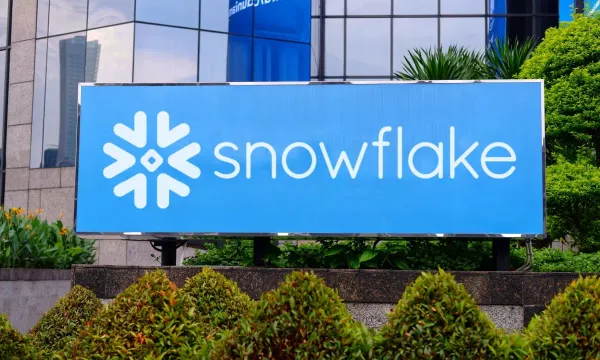Another AI Startup Shuts Down After Intense Pivoting
CodeParrot raised $500,000 to develop a Visual Studio Code extension

Bengaluru & San Francisco- based startup CodeParrot, a Winter 2023 Y Combinator alum, has shut its doors after two-and-a-half years of trying to build AI-powered developer tools.
Cofounder Vedant Agarwala announced the closure on LinkedIn, recounting a journey marked by early promise, pivots, and eventual burnout.
Founded in 2022 by Agarwala and Royal Jain, CodeParrot raised $500,000 to develop a Visual Studio Code extension that converted Figma designs into production-ready React, Flutter, and HTML code.
While the tool gained initial traction, the team struggled to find sustainable growth and reached only $1,500 in monthly recurring revenue after its final pivot.
"We burned through the $500k we’d raised — and when we hit $1,500 MRR with our final pivot (Figma-to-code using LLMs), we couldn’t break through. Instead of running more experiments with dwindling runway, we decided it was time to shut shop," Agarwala said.
Despite shipping multiple product versions, the startup couldn’t scale and ultimately opted to wind down before running out of runway.
CodeParrot’s closure highlights the brutal reality many AI startups face: converting cutting-edge technology into a viable, scalable business remains a steep challenge.
Startup Shockwave: Builder.ai Insolvency & Subtl.ai Shutdown
The collapse of Builder.ai, once a $1 billion-valued no‑code AI darling backed by Microsoft and QIA, sent shockwaves through the AI startup landscape. Allegations emerged that much of the “AI” platform relied on hundreds of human engineers—akin to a modern-day “Mechanical Turk”—and accusations surfaced of inflated revenue reports before its insolvency filing in May.
In India, Subtl.ai, a Hyderabad-based GenAI enterprise startup, folded after raising ₹1.8 crore (~$200K). CEO Vishnu Ramesh cited a lack of fresh funding, poor market focus, and go-to-market challenges as primary causes.
These shutdowns underscore the harsh reality of the AI startup boom: while cutting-edge tech is enticing, translating innovation into viable, scalable businesses remains a formidable challenge.




